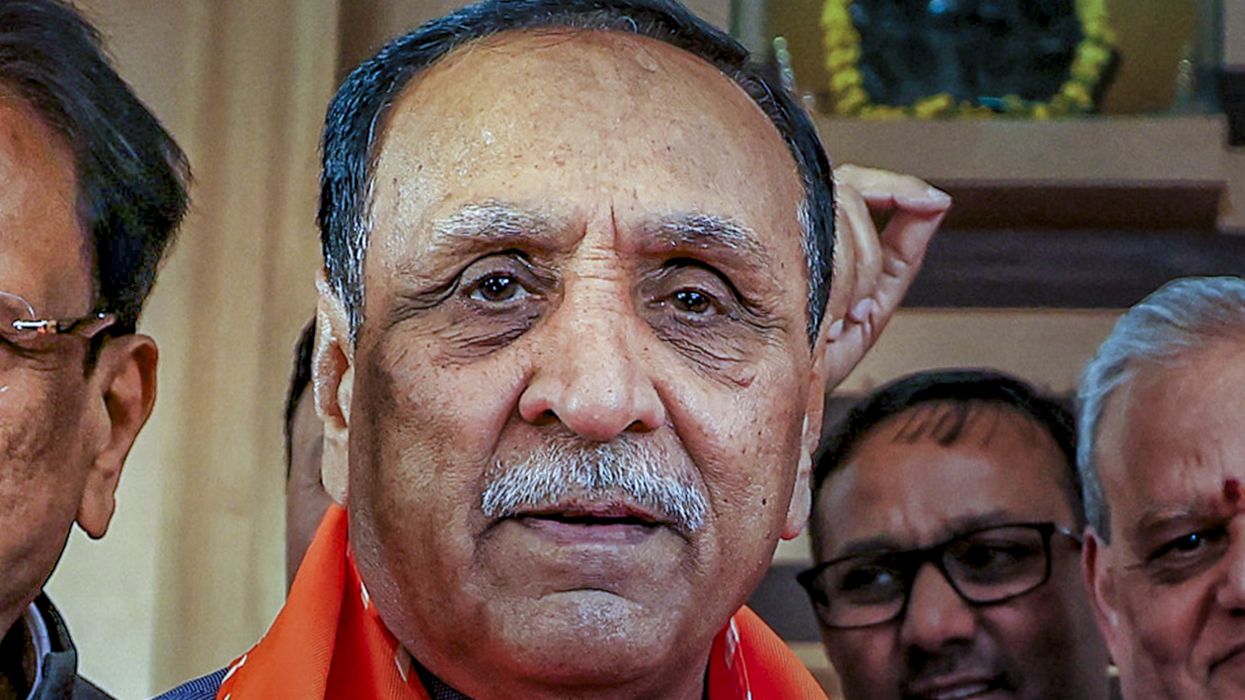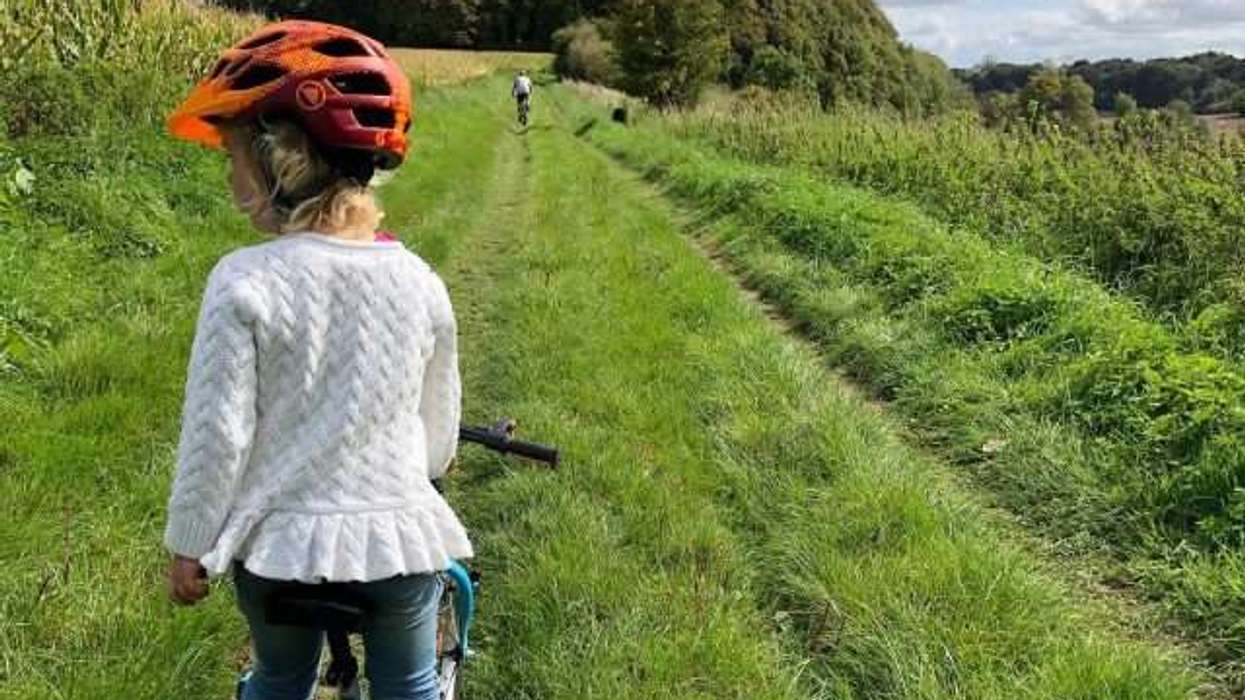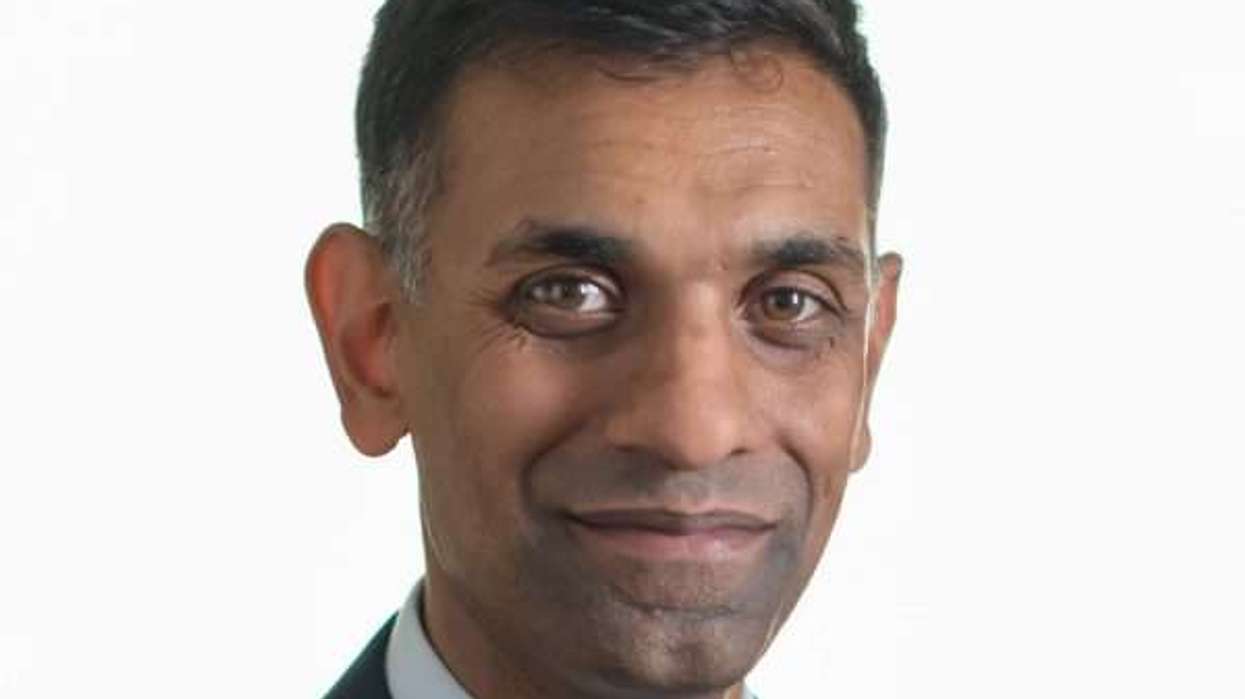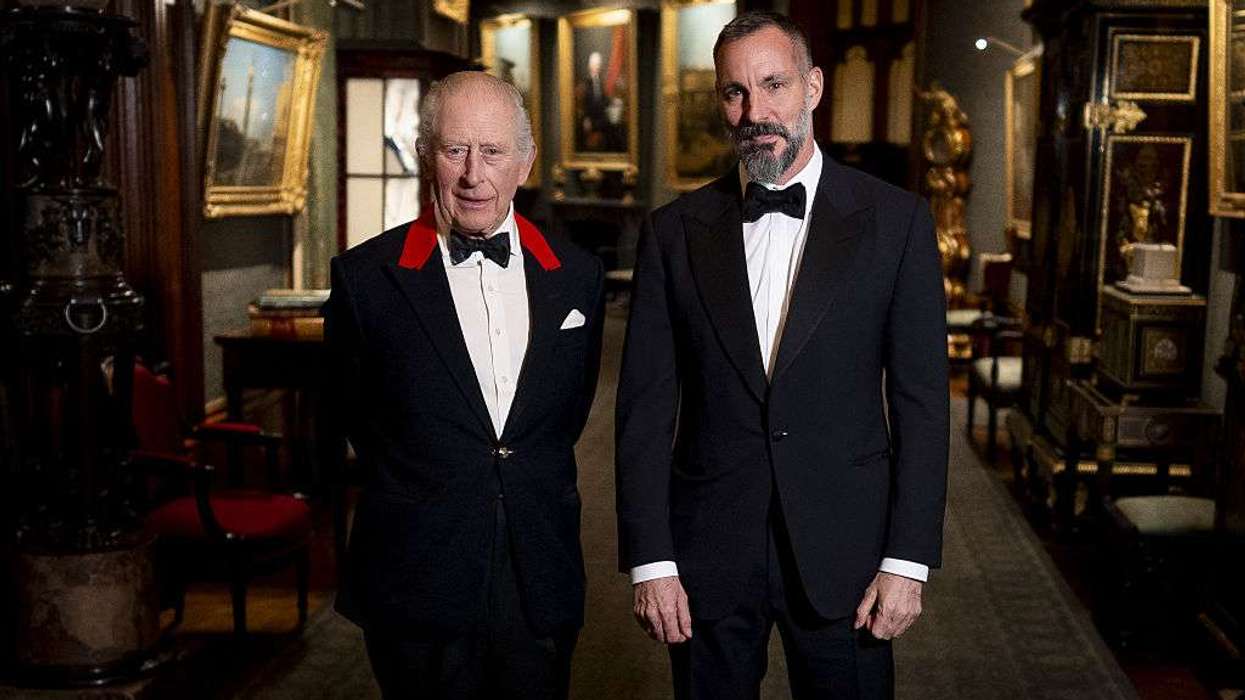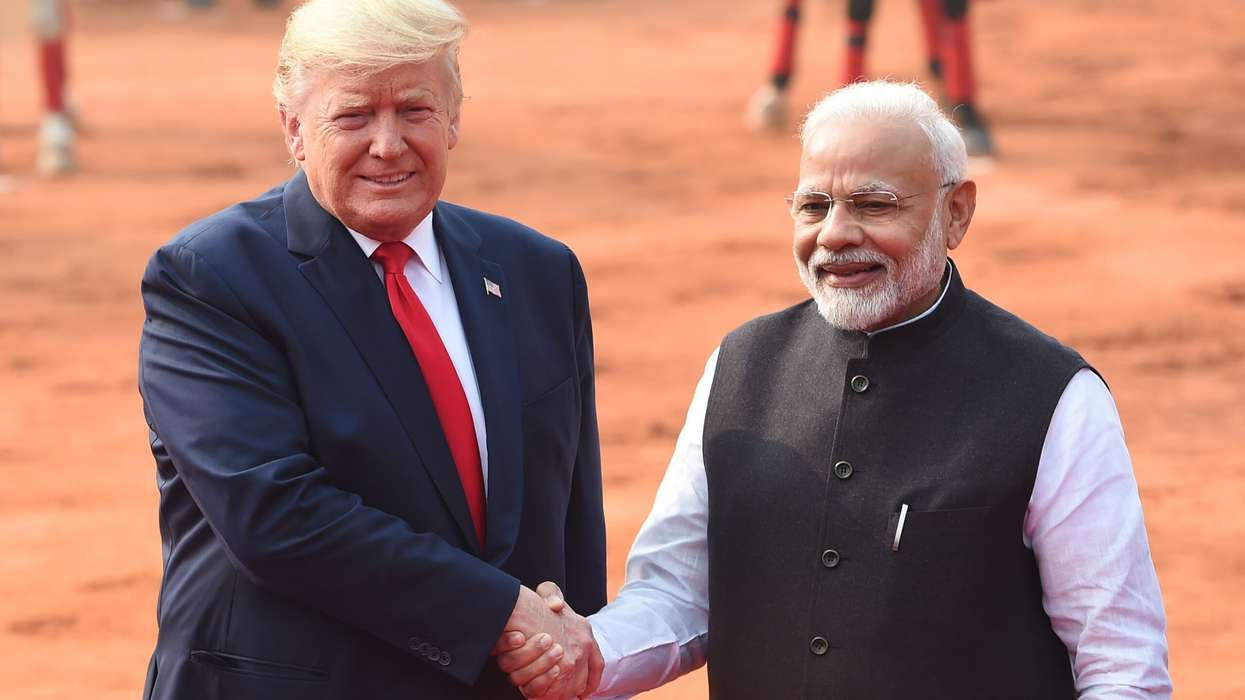FORMER Gujarat chief minister Vijay Rupani was believed to be on board the London-bound Air India plane that crashed near the Ahmedabad airport soon after take-off on Thursday (12), a Bharatiya Janata Party (BJP) leader said.
"Vijay Rupani was going to London by the Air India flight," senior BJP leader Bhupendrasinh Chudasama told reporters in Ahmedabad. "I am going to the city civil hospital to inquire about him," he added.
The plane was headed for Gatwick Airport and the passengers included 217 adults, 11 children and two infants. Air India said 169 were Indian nationals, 53 were Britons, seven Portuguese, and one Canadian.
Rescue workers said at least 30 to 35 bodies had been recovered from the site and that more people were trapped.
Thick black plumes of acrid smoke towered high above Ahmedabad airport on Thursday after the London-bound passenger jet with 242 people aboard crashed shortly after takeoff earlier in the day.
A reporter in the city said the plane crashed in an area between a hospital and the city’s Ghoda Camp neighbourhood.
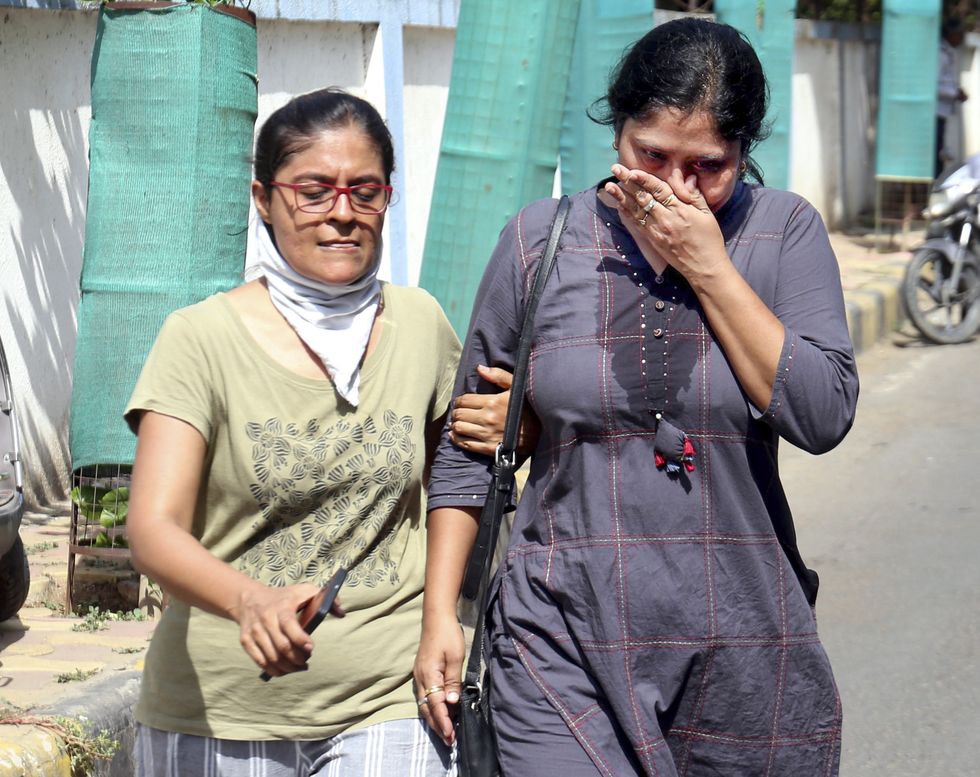
Authorities said it went down outside the airport perimeter, in a crowded residential area, which local media said included a hostel where medical students and young doctors live.
"When we reached the spot there were several bodies lying around and firefighters were dousing the flames," Poonam Patni told AFP. "Many of the bodies were burned."
Another resident, who declined to be named, said: "We saw people from the building jumping from the second and third floor to save themselves. The plane was in flames.
"We helped people get out of the building and sent the injured to the hospital."
Photographs released by India's Central Industrial Security Force, a paramilitary police force, showed a large chunk of the plane that had smashed through the brick and concrete wall of a building.
Visuals showed people being moved in stretchers and being taken away in ambulances.
"My sister-in-law was going to London. Within an hour, I got news that the plane had crashed," Poonam Patel, a relative of one of the passengers, told news agency ANI at the government hospital in Ahmedabad.
Ramila, the mother of a student at the medical college, told ANI her son had gone to the hostel for his lunch break when the plane crashed. "My son is safe, and I have spoken to him. He jumped from the second floor, so he suffered some injuries," she said.
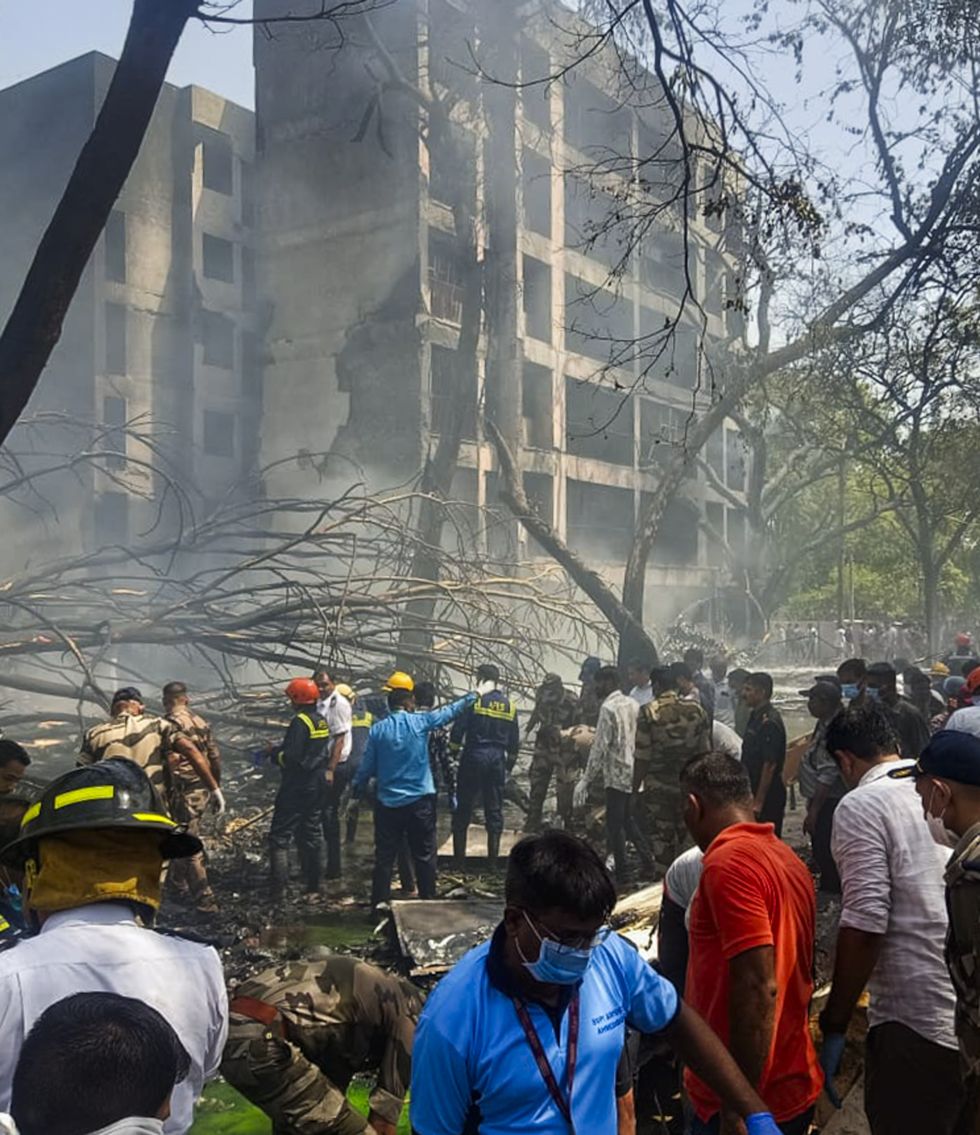
Aviation tracking site Flightradar24 said the plane was a Boeing 787-8 Dreamliner, one of the most modern passenger aircraft in service.
It was the first crash for the Dreamliner, which began flying commercially in 2011, according to the Aviation Safety Network database. The plane that crashed on Thursday flew for the first time in 2013 and was delivered to Air India in January 2014, Flightradar24 said.
Boeing said it was aware of initial reports and was working to gather more information.
Ahmedabad Airport is operated by India's Adani Group conglomerate.
"We are shocked and deeply saddened by the tragedy of Air India Flight 171," Gautam Adani, founder and chairman of the group, posted on X.
"Our hearts go out to the families who have suffered an unimaginable loss. We are working closely with all authorities and extending full support to the families on the ground," he said.
